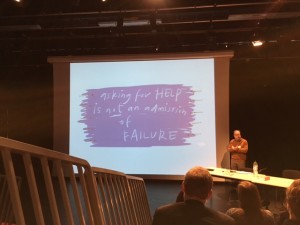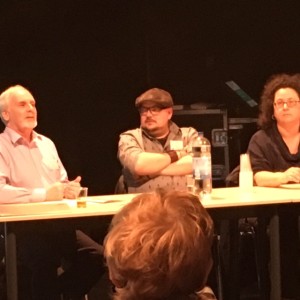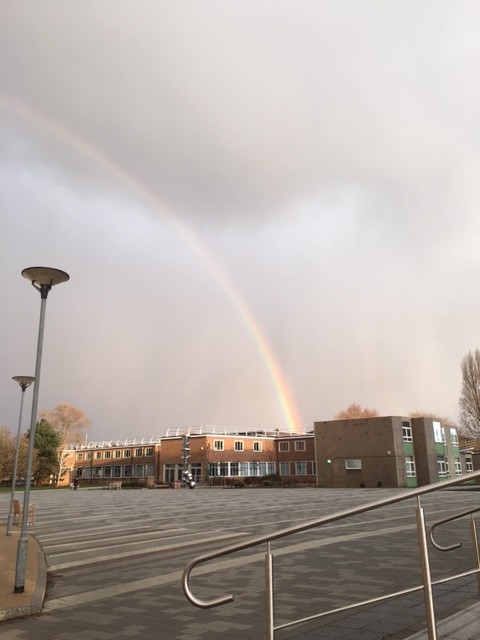It’s about time I came clean. I hate writing blog posts.
There. I said it. I thought long and hard and I … oh, who am I kidding. I didn’t have to think hard at all to figure out that honesty is the best policy. And it doesn’t take a genius to work out that if I feel like that, there must be a whole load more people out there who feel the same. Can I come and join your tribe?
Writing blog posts is something ‘they’ say you must do in order to help your site’s SEO, boost your visibility, and attract lots of new potential customers to your site. By ‘they’, I mean marketing how-to guides and other successful editors. And they have a point. If no one knows my site is here, how are they going to find my awesome skills?
So I want writers to come to my site. Writers who need an editor and proofreader. Obviously. And what do writers want to read about? Well, how to be a better/quicker/more productive/published/successful writer, of course. So I try and write posts with that in mind. Posts that will help writers.
There’s one important flaw in this approach. Writing isn’t my best skill. I’m an editor. Now, that’s not to say that my writing is bad or that I’ve got no useful advice to offer – but it does mean that I often feel as though I’m winging it or cribbing information from elsewhere. And, while I know the world is big enough to take more than one ‘how to beat writer’s block’ article and more than one piece on ‘how to write dialogue’ … I don’t just want to rehash the same old things.
So I’ve decided to take a new approach. An honest approach. I’ve touched on this before with posts about my searches and my SfEP professional membership status, but now I want to grasp it with both hands and own it. I don’t mean posting about my personal life, soap opera style … but I’m going to be myself, and that might mean writing about things that aren’t writing, and maybe even things that aren’t editing. In this way I hope to post more often, and give you stuff to read that comes from the heart, rather than from a marketing expert’s idea of what will help my site rankings.
So here we have an irrelevant but sexy picture of a Triumph motorbike. Not connected with writing, but hey, your main character has got to have some mode of transport, right? How about it?



